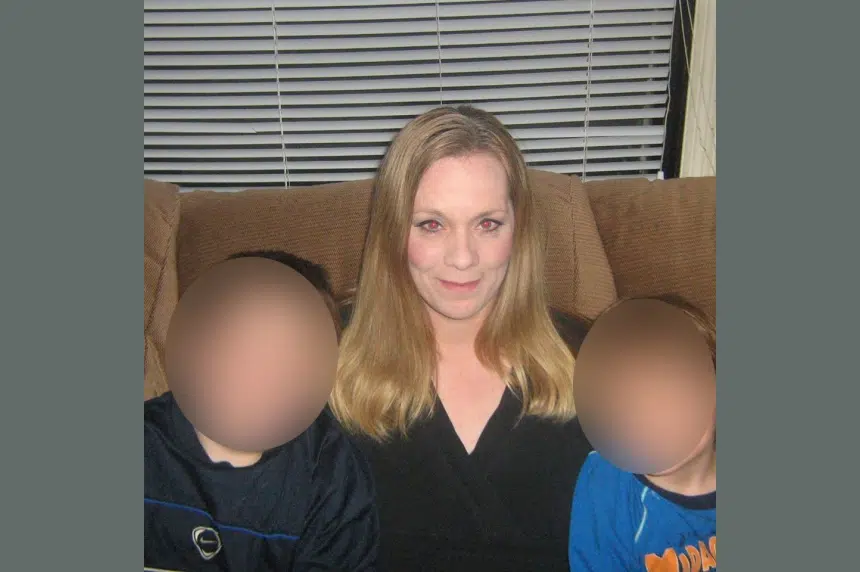Closing arguments were heard Friday in the case of Kellie Johnson.
Johnson is charged with first-degree murder for the 2014 death of her son, 5-year-old Jonathan Vetter.
During Johnson’s trial, court was presented with a statement of facts agreed between the defence and the Crown.
That statement included details from police interviews shortly after Johnson’s arrest, in which she claimed that she had been hallucinating when she killed Vetter.
Three mental health experts who testified during the trial all diagnosed Johnson with schizophrenia.
Johnson told both police and doctors that a hallucinated character referred to as ‘the woman’ was threatening to kill her. She felt that if she died, she wouldn’t be able to protect Vetter from being molested. She told officers the woman told her Vetter would ultimately become a molester himself and that this would damn his soul to hell for eternity. She claimed that by killing Vetter, she thought she was sending him to heaven, and that this was the only way to keep him safe.
Leslie Sullivan, Johnson’s lawyer, presented her closing arguments in Saskatoon Court of Queen’s Bench.
Speaking to media after the hearing, Sullivan said Johnson’s mental illness isn’t in doubt, nor is the fact that she knew her actions would lead to Vetter’s death. Rather, she said the case centres around whether Johnson knew killing Vetter was morally wrong at the time.
“She believed that she was saving her son and that it was therefore the right thing to do. And at the time she actually performed the act, she felt that at that moment in time there was nothing else that she could do but what what she did,” she said.
Crown prosecutor Brian Hendrickson argued that Johnson showed the capacity to make rational decisions in her actions before, during and after the stabbing.
He noted Johnson hid the knife she used to kill Vetter for several days before using it. He also pointed to Johnson telling one of the doctors who interviewed her that she paused over Vetter, who was asleep at the time, before she killed him. Finally, Hendrickson said Johnson appeared to be acting rationally when she left the house and changed her blood-stained clothes after stabbing Vetter.
Hendrickson also argued the issue of whether Johnson knew what she did was morally wrong has to be viewed not just from the perspective of what Johnson believed. Rather, he argued the court should consider whether Johnson knew society would view her actions as morally wrong.
“I don’t have any doubt that what she did, she believed was right. But there is a societal aspect to whether it’s morally wrong,” he said.
Justice Neil Gabrielson reserved his decision in Johnson’s case. She’ll be back in court on October 28.











